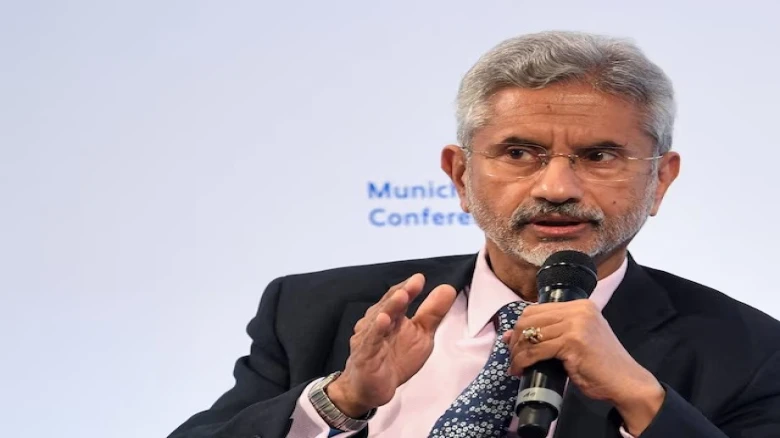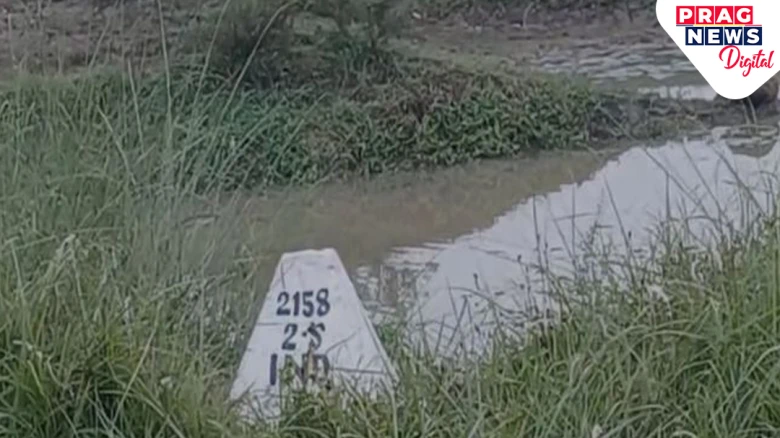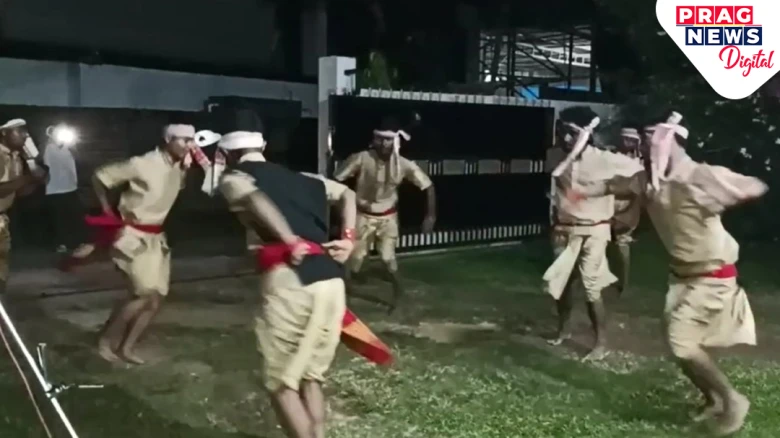Despite the Supreme Court's judgment on July 21, protests persisted, with subsequent decisions and actions only worsening the situation. The agitation eventually centered around demands for Prime Minister Sheikh Hasina's resignation.
Digital Desk: On Tuesday, External Affairs Minister S. Jaishankar reported that Sheikh Hasina had requested approval to visit India on very short notice. Jaishankar addressed the Rajya Sabha regarding the situation in Bangladesh, stating that India is closely monitoring the situation concerning minorities in the neighboring country.
Jaishankar informed the Upper House that Sheikh Hasina arrived in New Delhi the previous evening, following Bangladesh's request for flight clearance. He highlighted that since the January 2024 elections, Bangladesh has experienced significant tensions, deep divisions, and increased polarization in its politics. These conditions have exacerbated student protests that began in June.
The minister noted that violence, including attacks on public buildings and infrastructure, had been ongoing and continued into July. India had consistently advised restraint and urged resolution through dialogue. Despite the Supreme Court's judgment on July 21, protests persisted, with subsequent decisions and actions only worsening the situation. The agitation eventually centered around demands for Prime Minister Sheikh Hasina's resignation.
Jaishankar reported that by August 4, the situation had become critical, with intensified attacks on police, government buildings, and private properties, including those of individuals associated with the regime. Notably, minorities and their properties, including businesses and temples, were also targeted. The full extent of these attacks remains unclear.
On August 5, demonstrators gathered in Dhaka despite a curfew.
Following a meeting with security leaders, Prime Minister Sheikh Hasina reportedly decided to resign and requested immediate approval to come to India. India received a corresponding flight clearance request from Bangladesh, and Sheikh Hasina arrived in Delhi the previous evening.
Jaishankar updated the House that the situation in Bangladesh is still developing. He mentioned that the Army Chief, General Waker-uz-Zaman, addressed the nation on August 5, discussing taking responsibility and forming an interim government.
In addition to the High Commission in Dhaka, India’s diplomatic presence in Bangladesh includes Assistant High Commissions in Chittagong, Rajshahi, Khulna, and Sylhet. Jaishankar expressed the hope that the host government would ensure the security of these establishments and look forward to their normal operation once the situation stabilizes.
India is also monitoring the status of minorities and reports of efforts by various groups to protect them. The minister assured that India remains deeply concerned until law and order are restored. He added that India’s border guarding forces have been instructed to remain exceptionally alert given the complex situation and that there has been regular communication with Dhaka authorities.
Jaishankar concluded by seeking the understanding and support of the House on these sensitive issues concerning an important neighbor, emphasizing the strong national consensus on this matter.








Leave A Comment